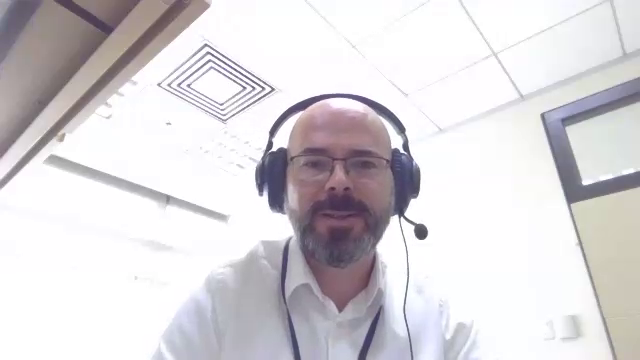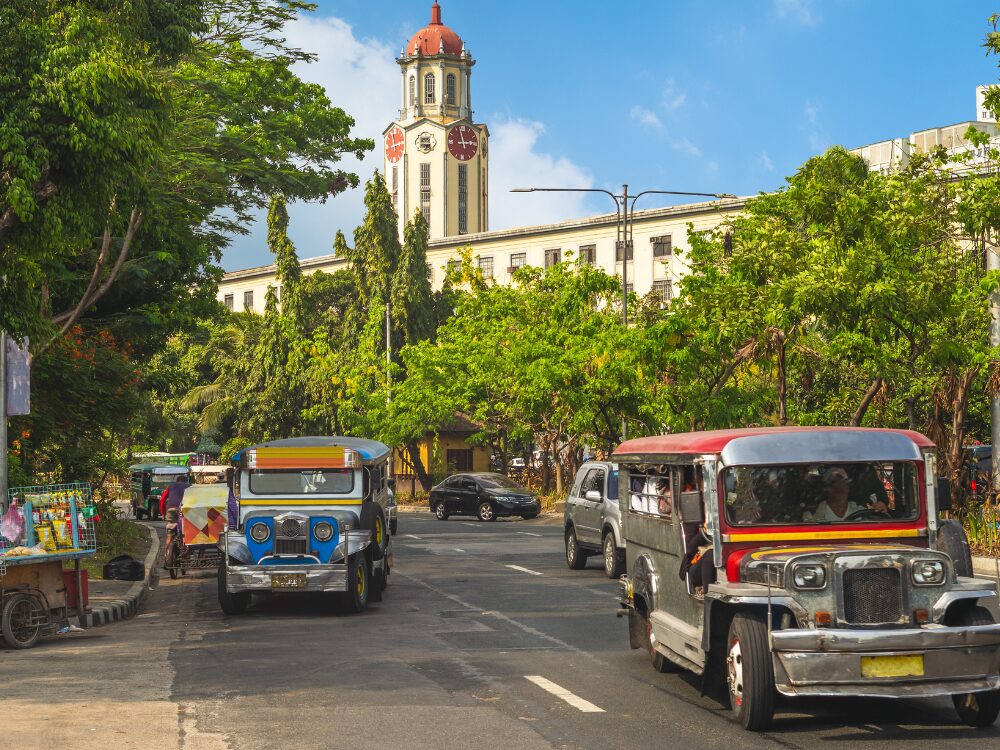CLARE SIRA project launched in the Philippines to enhance capacity and voice of disadvantaged groups in building resilience at the local level
/
Over 80 stakeholders from local government units (LGUs), national government agencies, academe, civil society, foreign embassies, and international and local development organizations in the Philippines gathered for the online launch of the Enhancing Local Capacities in Socially Inclusive Resilience in Asia (SIRA) Project organized by ICLEI Southeast Asia on 31 July 2024 via Zoom.
Funded by UK Aid through the Foreign Commonwealth and Development Office (FCDO) and the International Development Research Centre, Canada through the Climate Adaptation and Resilience (CLARE) programme and under the implementation of the ICLEI Southeast Asia (SEA) and South Asia Secretariats, the SIRA project aims to identify and address the immediate capacity needs of local governments in pursuing climate action that is inclusive and sustainable through a systematic and phased capacity strengthening programme anchored on south-south cooperation among four Asian countries: Bangladesh, Indonesia, Nepal, and the Philippines.
The project launch in the Philippines also saw discussions on current subnational initiatives towards urban resilience, as well as the sharing of gaps and opportunities for building socially-inclusive climate resilience at the local level.
Multilevel support for local resilience building
Present during the local launch were representatives from the British Embassy Manila and the Embassy of Canada to the Philippines, both of whom underscored the importance of local governments in the fight against the climate emergency and the response against climate hazards.

Vlad Ionescu, First Secretary for Development of the Embassy of Canada to the Philippines, explained, “Municipalities are always on the front lines. They’re the ones that are closest to citizens. They’re the ones that are better placed to understand citizens’ needs and better placed to respond to those needs.”

Lloyd Cameron, Economic and Climate Counselor of the British Embassy Manila, highlighted the importance of capacity sharing with LGUs to enable them in this role as first responders to the effects of the climate emergency. He said “They must be strengthened to increase their capacity to make evidence-based, informed decisions and have access to and be able to mobilize economic resources from both the public and private sectors.”

Meanwhile, Anna Liza Bonagua, Bureau of Local Government Development Director of the Philippine Department of Interior and Local Government (DILG), shared the national agency’s support of the launch through a recorded message, saying “We are hopeful that all participating local government units will actively engage, especially during this sharing session. This engagement is key to fostering a sustainable future.”
Roadblocks and launch points for local Philippine resilience
According to the 2023 World Risk Index Ranking, the Philippines is the number one at-risk country in the world to climate hazards and disaster risks. Therefore, developing resilience is key to lessening these harmful effects, as well as to reap various co-benefits in the country’s social, environmental, and economic systems.
Through their engagements in sustainable development at the local level, the Catholic Relief Services and the Institute for Climate and Sustainable Cities both have in-depth experience on the challenges and opportunities to building the resilience capacities of LGUs.

Sharing some of the lessons learned in the implementation of the Climate Resilient Cities project, Alan Silayan, Project Chief of Party of the Catholic Relief Services, said that using a tailor-fit approach, embedding a city project coordinator to facilitate relationship-building, and the creation of a project-specific technical working group are some of the ways resilience-building efforts can build towards significant outcomes.

Golda Hilario, Director for Urban Development of the Institute for Climate and Sustainable Cities, also highlighted the need to generate and interpret local climate data, risks, and opportunities, and how academe, state universities, and the private sector can be tapped to realize this. This localization of climate information is necessary for the development of actionable policies.

Meanwhile, Mae Valdez-Irong, Regional Program Manager of ICLEI Southeast Asia, noted that not only do LGUs need capacity-building, they also face the problem of being overcapacity due to their lack of relevant human resources.

Providing a national government perspective, Raquel Smith Ortega, EnP, MENRM, Climate Change Mainstreaming and Integration Division Chief of the Philippine Department of Environment and Natural Resources – Climate Change Service, said “The Philippines’ sustainable finance roadmap recognizes LGUs as the key actors for driving sustainability and low carbon investment.”
Attendees from the National Economic and Development Authority, Legazpi City, Catbalogan City, Cagayan de Oro City, and West Visayas State University, also shared their organizations efforts towards developing resilience, particularly with the integration of gender equality, disability, social inclusion, and data localization into local development plans.
Next steps

Closing off the launch, Arjan De Haan, Senior Program Specialist of the International Development Research Center, highlighted the need for continued collaboration among participants. He said “We need to build on each other’s work, learning from each other’s work, and building those partnerships to address the critical issues.”

Finally, Victorino Aquitania, Regional Director of ICLEI Southeast Asia, said on what to expect next on the SIRA project: “We will soon issue a call for expressions of interest for cities from the four project countries—Bangladesh, Indonesia, Nepal, and the Philippines—which will serve as pilot sites for the capacity strengthening program currently being developed under the SIRA project.”
CLARE is a UK-Canada framework research programme on Climate Adaptation and Resilience, aiming to enable socially inclusive and sustainable action to build resilience to climate change and natural hazards. CLARE is an initiative jointly designed, funded and run by the UK Foreign Commonwealth and Development Office and Canada’s International Development Research Centre. CLARE is primarily funded by UK aid from the UK government, along with the International Development Research Centre, Canada.
Categories
Countries
CLARE Pillars
CLARE Themes
CLARE Topics
Published
CLARE Projects
CLARE Partners


